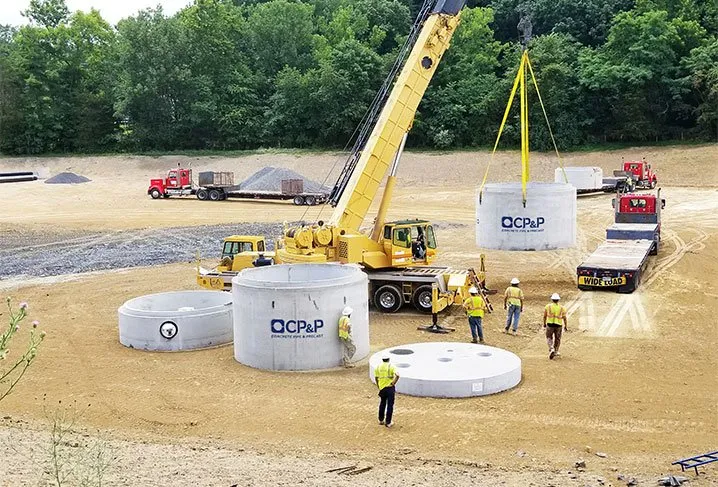Crane operators play a crucial role in construction, shipping, and industrial projects. Their expertise ensures the safe and efficient movement of heavy materials, making them an indispensable part of the workforce. If you’re considering this career or are curious about its financial prospects, you might wonder: does a crane operator’s annual salary stay the same or increase over time? Let’s explore the factors influencing crane operators’ earnings and whether they experience growth in income.
Starting Salary of a Crane Operator
The starting salary for crane operators varies based on factors such as location, industry, and level of experience. According to data from industry reports, entry-level crane operators can expect to earn an average annual salary ranging from $40,000 to $55,000. For beginners, the pay might seem modest, but this figure often increases with experience, additional certifications, and specialization.
Factors That Influence Salary Growth
1. Experience
One of the primary factors that contribute to salary increases for crane operators is experience. Operators who have several years of hands-on work under their belts tend to earn higher wages compared to those just starting out. For instance, mid-career crane operators with 5-10 years of experience may see their salaries rise to $60,000-$75,000 annually.
2. Certifications and Specializations
Earning additional certifications or specializing in specific types of cranes can significantly boost a crane operator’s salary. For example:
- Certified Crane Operator (CCO) certification is highly valued in the industry and can lead to better-paying opportunities.
- Specializing in operating more complex equipment, such as tower cranes or offshore cranes, often comes with higher compensation due to the increased skill and responsibility required.
3. Industry and Sector
The industry in which a crane operator works also plays a crucial role in determining salary growth. Operators in construction and infrastructure projects typically earn less than those in specialized industries like oil and gas or offshore drilling. In high-demand sectors, salaries can exceed $90,000 annually for experienced operators.
4. Geographic Location
Location is another important factor. Salaries for crane operators tend to be higher in regions with a high cost of living or significant construction and industrial activity. For example, crane operators in major cities like New York, Los Angeles, or Houston may earn considerably more than those in smaller towns or rural areas.
5. Union Membership
Unionized crane operators often have access to better pay scales, regular raises, and benefits compared to non-unionized workers. Being part of a union ensures that operators receive wages that reflect industry standards and inflation adjustments.
Do Salaries Stay the Same or Increase Over Time?
Entry-Level to Mid-Career
Crane operators typically see their salaries increase from entry-level positions to mid-career. This growth is largely attributed to the accumulation of experience and improved proficiency in operating various types of cranes. Employers value experienced operators for their efficiency and ability to handle challenging tasks, leading to better pay.
Mid-Career to Late Career
Salaries for crane operators often continue to grow in later stages of their careers, albeit at a slower rate compared to the earlier years. Operators with 15+ years of experience may reach annual earnings of $80,000 to over $100,000, depending on the industry and location. At this stage, some operators transition into supervisory or training roles, which can offer higher pay and additional benefits.
Economic Factors and Demand
While salaries generally trend upward with time, economic factors and market demand can impact earnings. For example, during economic downturns or periods of reduced construction activity, salary growth may stagnate. Conversely, booming economies and infrastructure investments can lead to increased demand for crane operators and higher wages.
Opportunities for Salary Increases
Crane operators who actively seek opportunities for growth can maximize their earning potential. Here are some strategies:
- Continuous Education: Staying updated with the latest industry trends and technologies can make operators more competitive in the job market.
- Networking: Building connections within the industry can lead to better job opportunities and higher-paying positions.
- Relocation: Moving to regions with higher demand for crane operators can result in substantial salary increases.
- Specialized Roles: Taking on roles in high-risk environments, such as offshore platforms or large-scale infrastructure projects, often comes with premium pay.
The Role of Benefits and Perks
In addition to salary, many crane operators receive benefits such as health insurance, retirement plans, and paid time off. These perks add significant value to their overall compensation. Some employers also offer bonuses, overtime pay, and profit-sharing arrangements, further enhancing earnings.
Conclusion
To answer the question, “Does a crane operator’s annual salary stay the same or increase?” the answer is clear: salaries typically increase over time. Factors such as experience, certifications, specialization, industry, and geographic location all contribute to salary growth. While economic conditions can influence short-term trends, the overall outlook for crane operators remains positive, with ample opportunities for income growth throughout their careers.










